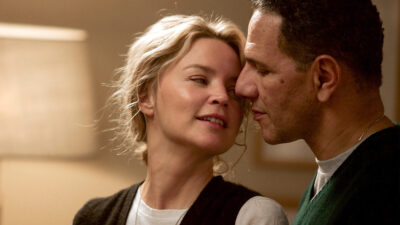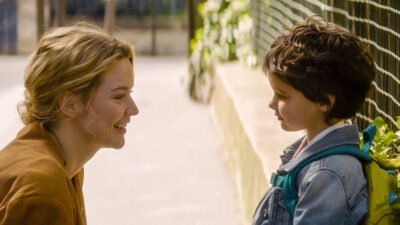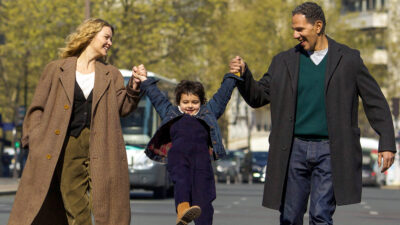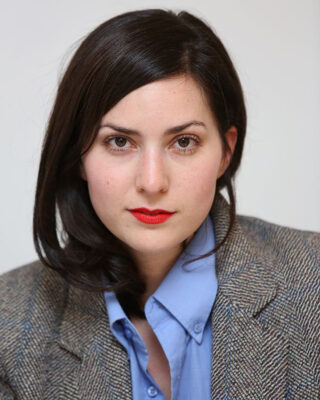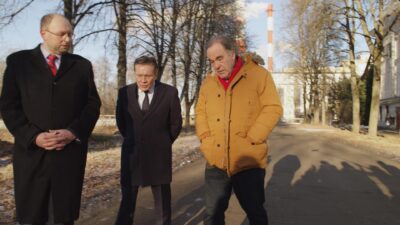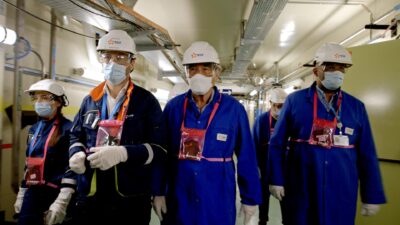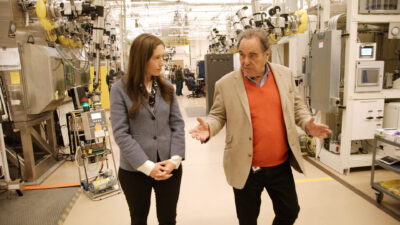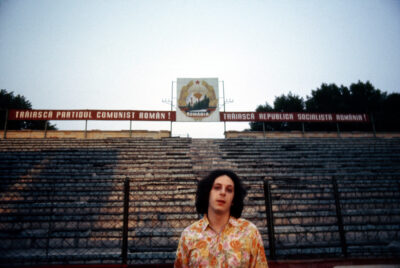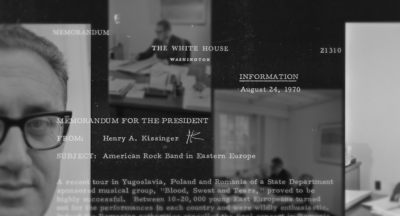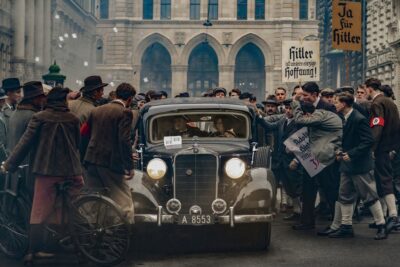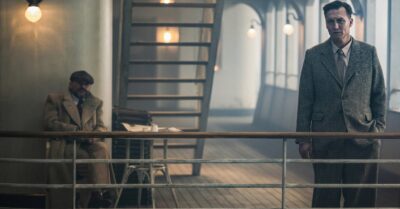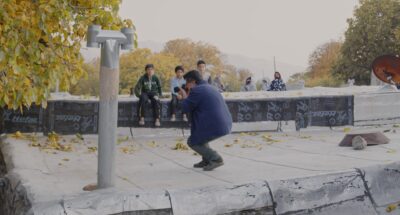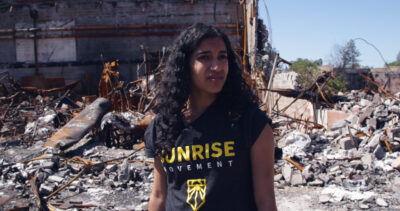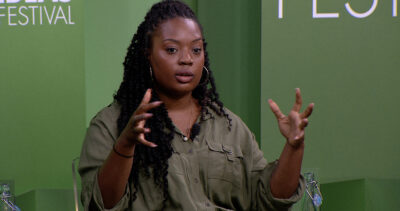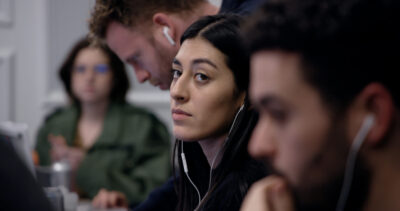A beautiful, allegorical gaze at changing rural China, Return to Dust follows a couple overcoming the challenges of their arranged marriage and the disdain of their families to survive, come together and make a home for themselves. We open the film Friday, July 28 at the Royal.
The writer-director Ruijun Li (River Road, Walking Past the Future) released the following statement upon the release of his film: “It is said that film is the art of time. In this sense, a movie director’s work is essentially the same to that of farmers. In movie making, we are constantly faced with issues dealing with time and life. Farmers trust land and time with their crops and livelihood, so shall we trust land and time with our movies. The words on paper, like seeds growing into harvest, are transformed by camera shots into what we remembered in our distant memories.”
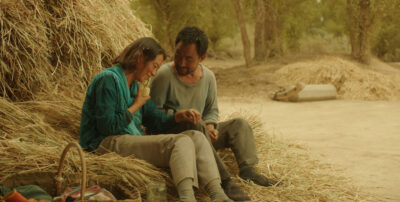
“It’s a gorgeous, quietly affecting film that finds an unassuming beauty in this simple life in rural China, but which doesn’t shy away from the extreme hardships faced by the very poorest.” ~ Wendy Ide, Guardian
“A thought-provoking [film] with beautifully-judged performances that radiate warmth and encourage empathy. It marks Li Ruijun as a significant cinematic talent.” ~ Anna Smith, Deadline Hollywood Daily
“It’s a film which is making the right people angry.” ~ David Jenkins, Little White Lies
“Return to Dust is many things — a vivid portrait of China’s hardscrabble rural north-west, an unexpected victim of state censorship — but it is first and last a love story.” ~ Danny Leigh, Financial Times

![Tickets: http://laemmle.com/film/motorcycle-diaries-0 | Subscribe: http://bit.ly/3b8JTym | On a break before his last semester of medical school, Ernesto "Che" Guevara (Gael García Bernal) travels with his friend Alberto Granado (Rodrigo de la Serna) from Brazil to Peru by motorcycle. The two men soon witness the great disparities in South America, changing their lives and the course of history.
Tickets: http://laemmle.com/film/motorcycle-diaries-0
RELEASE DATE: 5/15/2024
Director: Walter Salles
Cast: Gael García Bernal, Rodrigo de la Serna, Mía Maestro
-----
ABOUT LAEMMLE: Since 1938, Laemmle [Theatres] has been showing the finest independent, arthouse, and international films.
Subscribe to Laemmle's E-NEWSLETTER: http://bit.ly/3y1YSTM
Visit Laemmle.com: http://laemmle.com
Like LAEMMLE on FACEBOOK: http://bit.ly/3Qspq7Z
Follow LAEMMLE on TWITTER: http://bit.ly/3O6adYv
Follow LAEMMLE on INSTAGRAM: http://bit.ly/3y2j1cp](https://90bb70.p3cdn2.secureserver.net/wp-content/plugins/feeds-for-youtube/img/placeholder.png)
